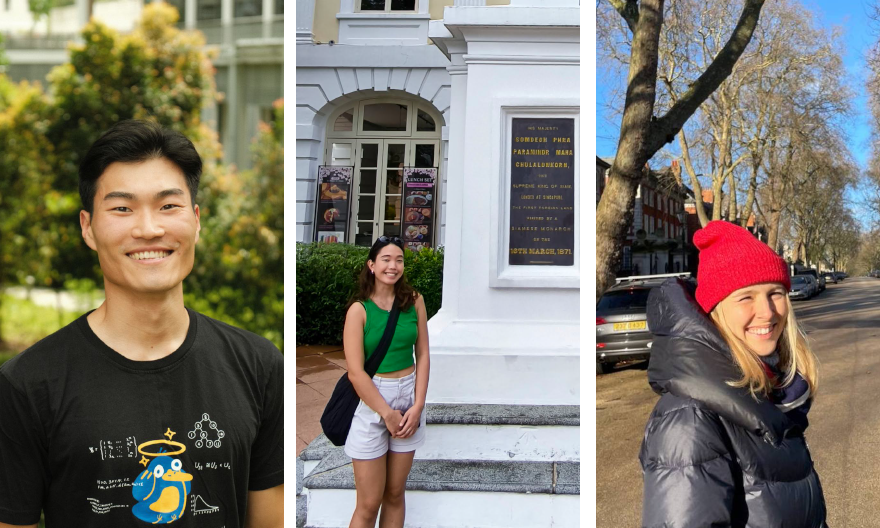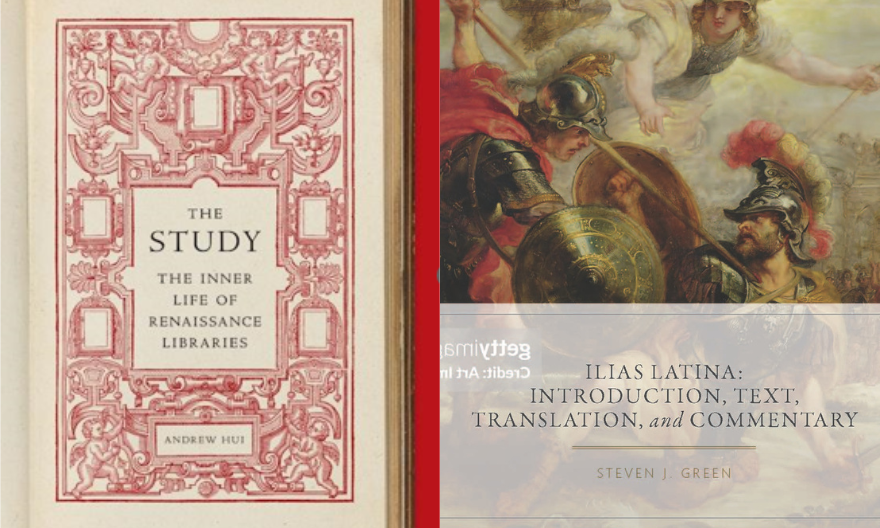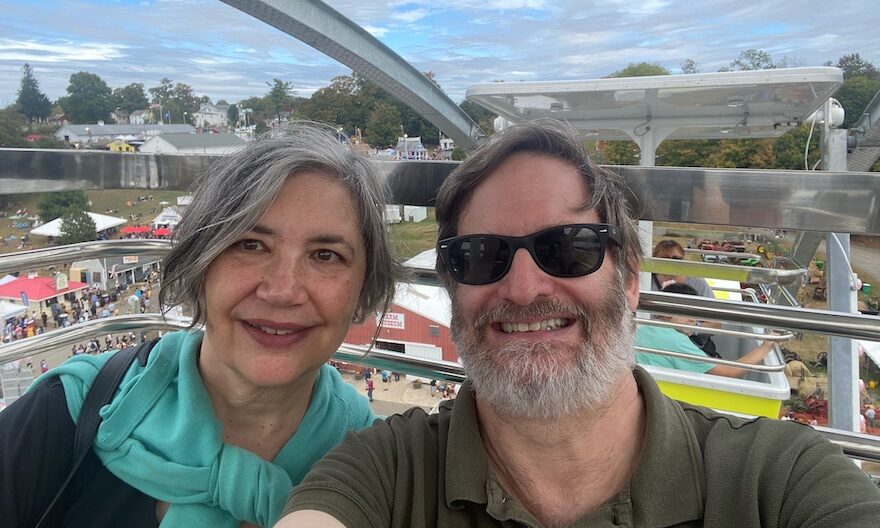Teaching Innovation Grant supports faculty in developing innovative pedagogies
At Yale-NUS College, many dedicated faculty members continually seek new ways to teach and engage students. The College supports this endeavour with the Yale-NUS Teaching Innovation Grant (TIG).
In light of COVID-19, the TIG was expanded last year to support faculty members who wished to engage in short training programmes or other professional development activities related to remote instruction. A special round of TIG was introduced in mid-2020 to provide funding for such training. Overall, nine faculty members were awarded the TIG, for projects ranging from developing an urban agriculture course to publishing a peer-reviewed literature journal, to enrolling in training programmes for remote learning. Sponsored annually by Yale-NUS Educational Resources & Technology (ERT) Office, the Centre for Teaching & Learning (CTL) and the President’s Office since Academic Year 2016/2017, the TIG accords faculty up to $5,000 for their projects.
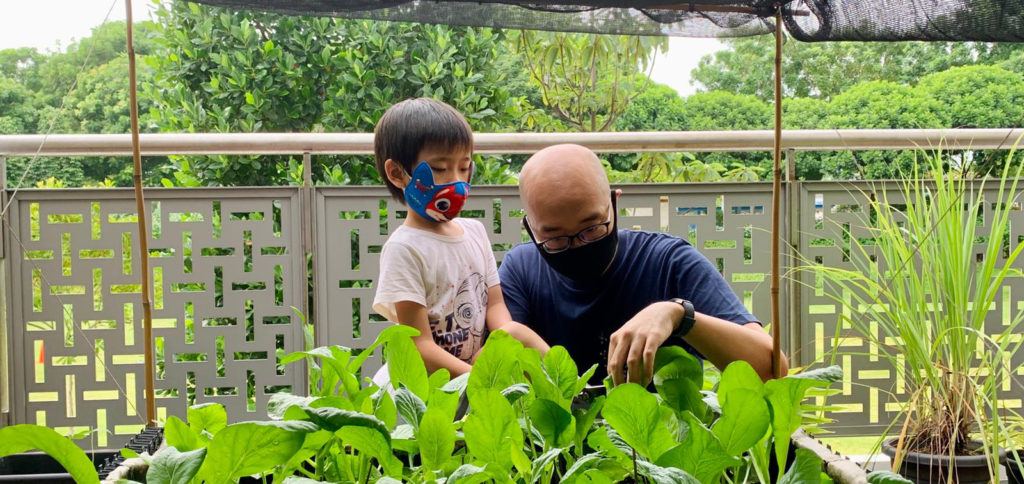 Asst Prof Marvin Montefrio and his son, Pepe, in Yale-NUS’ in-house urban farm in Cendana College.
Asst Prof Marvin Montefrio and his son, Pepe, in Yale-NUS’ in-house urban farm in Cendana College.
Assistant Professor of Social Sciences (Environmental Studies) Marvin Montefrio used the TIG to design a new course to bolster food activism among Yale-NUS students. Asst Prof Montefrio and his research assistant Paul Yee (Class of 2022) conducted research on relevant courses and programmes in different parts of the world and interviewed food activists in Singapore to help Asst Prof Montefrio design a course that draws on experience from institutions abroad while catering to the local context.
“I’ve always been impressed by how engaged and active our students are on issues pertaining to the sustainability of our food systems — many of our graduates have ended up pursuing careers related to food sustainability despite limited course offerings pertaining specifically to food issues,” said Asst Prof Montefrio. “Hence, I was excited to further develop a formal curricular programme to support this interest.”
Building on his findings, Asst Prof Montefrio is offering a course on Urban Agriculture this semester. “My hope is to train our students to become not just individual urban food growers, but drivers of food movements in Singapore and beyond,” said Asst Prof Montefrio.
The experiential and interactive course will be limited to five students in this first run, and will entail each student managing a small plot to produce food in the Yale-NUS urban farms, while learning about the political economy and cultural politics of the urban food commons. Such close interaction with faculty members to delve deep into current topics is possible because of the College’s small faculty to student ratio, and residential community where living and learning are intertwined.
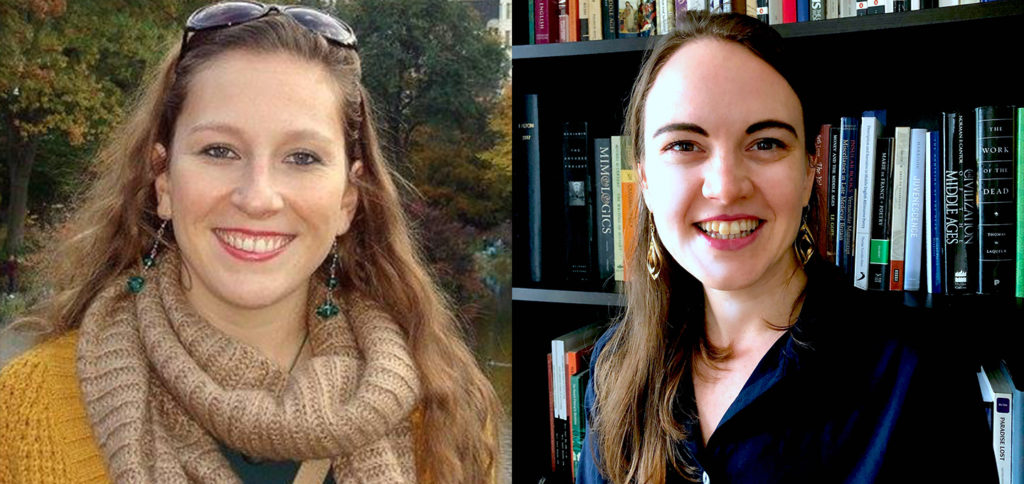 Dr Francesca Spagnuolo, Lecturer of Science (Mathematics) (left) and Dr Emily Dalton, Lecturer of Humanities (Literature) (right) used TIG to pick up new skills on active remote learning.
Dr Francesca Spagnuolo, Lecturer of Science (Mathematics) (left) and Dr Emily Dalton, Lecturer of Humanities (Literature) (right) used TIG to pick up new skills on active remote learning.
Meanwhile, driven by the need to support students’ remote learning in a time of COVID-19, Dr Francesca Spagnuolo, Lecturer of Science (Mathematics) and Dr Emily Dalton, Lecturer of Humanities (Literature) both used TIG to attend a course during the June to July break in 2020. Offered through the Association of College and University Educators, the course covered active learning techniques to engage students, plan and facilitate discussions, and leverage on technology to support students in remote learning.
“The experience of teaching remotely during Semester 1 in Academic Year 2019/2020, even if only for a few weeks, highlighted some of the challenges particular to online teaching. We were keen to explore pedagogical approaches that would enable us to facilitate more dynamic online discussions in the event that the College shifts to remote teaching in the next semester,” both Dr Spagnuolo and Dr Dalton shared.
“Since classes at the College tend to emphasise active student participation, we felt it was important to learn more about how to maintain similar levels of engagement in a virtual classroom and how students might collaborate on projects or problem-solving without being in the same physical space.”
Fortunately, the COVID-19 situation in Singapore improved such that both lecturers were able to teach in person when school reopened in August 2020. However, they were still able to apply insights from the course to the socially distanced, face-to-face lessons at Yale-NUS.
For instance, in her Introduction to Modern Algebra module, Dr Spagnuolo drew inspiration from the course to design a video exploration assignment, in which students created a short video investigating a course topic, then watched and commented on one another’s projects. This allowed students to explore course content in greater depth than was possible during class time. The lecturers also incorporated online discussion boards into their face-to-face teaching so that students can pursue aspects of the material that they were especially interested in, even if it had not been emphasised in class.
Both lecturers remarked that the learning outcomes from the course would continue to inform their teaching pedagogies in the semesters to come. “Acquiring greater flexibility in different types of classroom environments was a very rewarding outcome of the course,” they noted.
“Whether developing new modules or refining modules we’ve taught previously, we plan to return to the course materials and resources in future semesters and to implement more of the tools we were introduced through the course.”
To learn more about the other TIG projects awarded recently, follow our LinkedIn and Facebook .

